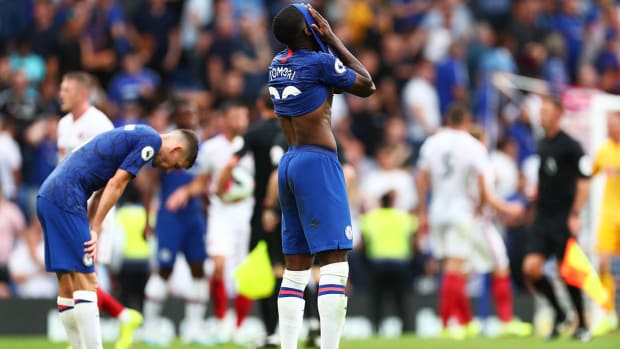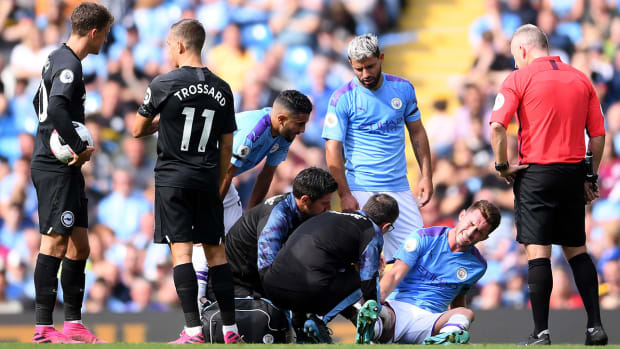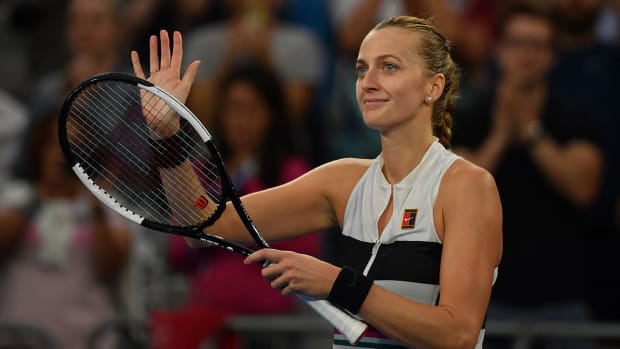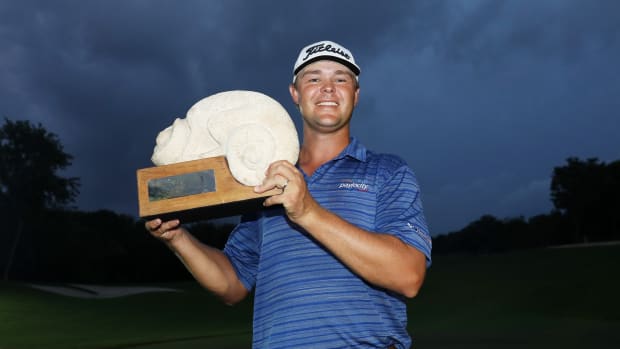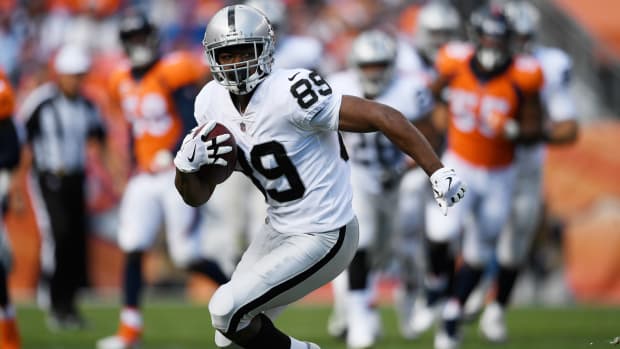Athletics, Russia risk severe damage in WADA inquiry report
GENEVA (AP) A World Anti-Doping Agency panel will deliver its findings Monday into allegations of extortion and cover-ups involving Russian doping - a report that one of the investigators said exposes ''a whole different scale of corruption'' from the FIFA scandal.
Former IAAF President Lamine Diack was put under criminal investigation last week on suspicion of corruption and money laundering. The charges were brought by French prosecutors acting on evidence provided by the WADA-appointed commission.
The panel, chaired by IOC veteran and former WADA president Dick Pound, will present some findings at a news conference in Geneva.
''This report is going to be a real game-changer for sport,'' said Richard McLaren, a Canadian lawyer who sits on Pound's three-member panel.
''This is a whole different scale of corruption than the FIFA scandal or the IOC scandal in respect to Salt Lake City,'' McLaren said in comments published by Western University in Canada, where he is a professor of law.
McLaren suggested the allegations are more serious than FIFA bribery cases which did not affect the outcome of World Cup soccer matches.
''Unlike FIFA, where you have a bunch of old men who put a whole lot of extra money in their pockets, here you potentially have a bunch of old men who put a whole lot of extra money in their pockets - through extortion and bribes - but also caused significant changes to actual results and final standings of international athletics competitions,'' McLaren said.
Russia will be targeted by the report just over two years since Moscow hosted the 2013 track and field world championships, and less than two years since the Sochi Winter Games.
Asked Sunday about the possibility of Russia being kicked out of the sport, IAAF President Sebastian Coe told The Associated Press: ''I'm never saying never, but my instinct is that these things are better changed through engagement not isolation.''
The 82-year-old Diack left office in August after 16 years. Coe said he knew nothing about the allegations against Diack until being informed by French authorities.
''I'm just angry, bloody angry,'' Coe told the AP. ''I'm angry about the position our sport is in today. I'm shocked, I'm angered and dismayed. These are dark days.''
WADA formed the independent inquiry after German broadcaster ARD aired a documentary - ''Top secret doping: How Russia makes its winners?'' - last December. It alleged systematic doping across athletics and other summer and winter Olympic sports.
The program implicated officials in Russia's athletics federation, anti-doping agency (RUSADA) and WADA-accredited laboratory in Moscow in acts of bribery to hush up positive doping tests, falsify tests and supply banned drugs.
ARD alleged that former Chicago Marathon winner Liliya Shobukhova paid 450,000 euros ($520,000) to Russian officials linked to then-IAAF treasurer Valentin Balakhnichev, who threatened her with a doping ban before the London Games.
When Shobukhova was banned for two years in 2014, her husband reportedly received a 300,000 euro ($345,000) refund payment linked to Balakhnichev.
In the French case, Diack's legal adviser at the IAAF, Habib Cisse, and the former head of the IAAF's anti-doping program, Gabriel Dolle, were also detained and charged with corruption.
Diack's son Papa Massata Diack, who was an IAAF marketing consultant, is thought to have played a ''very active'' role in the alleged corruption worth more than 1 million euros ($1.1 million), French prosecutors told the AP.
The IAAF's ethics commission is also investigating the claims and has scheduled hearings in London next month.
The WADA commission was asked to find violations of the World Anti-Doping Code by athletes, coaches, doctors, trainers and laboratories that could lead to sanctions against individuals or organizations.
The Moscow lab oversaw testing for the 2014 Sochi Olympics and is scheduled to lead the anti-doping program for FIFA when Russia hosts the 2018 World Cup.
---
AP Sports Writers Stephen Wilson and Rob Harris in London contributed to this report.
